For the most part, we carnivores do not eat other carnivores. We prefer to eat our vegetarian friends
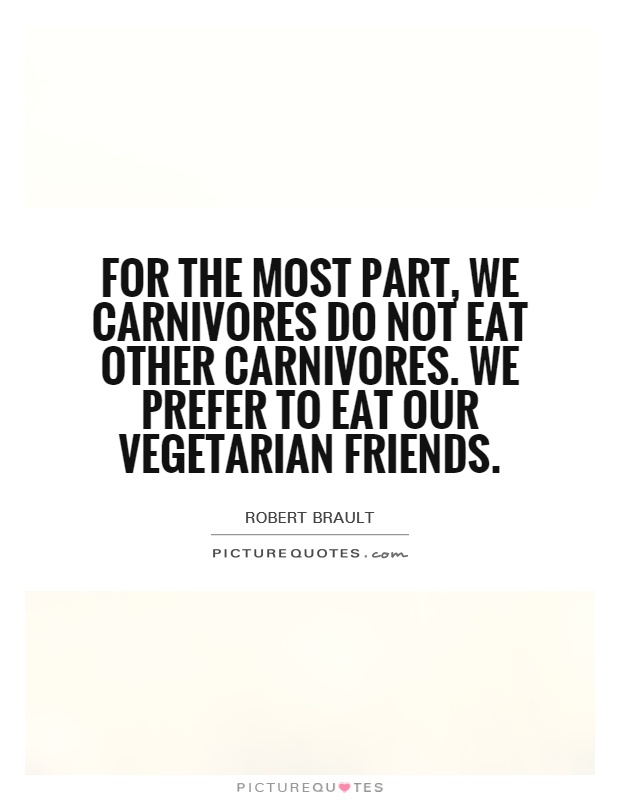
For the most part, we carnivores do not eat other carnivores. We prefer to eat our vegetarian friends
Robert Brault, a renowned quote writer and author, once said, "For the most part, we carnivores do not eat other carnivores. We prefer to eat our vegetarian friends." This statement may seem humorous at first glance, but it actually holds a deeper truth about human dietary habits and preferences.In the animal kingdom, carnivores typically prey on other animals for sustenance. They are biologically designed to consume meat as their primary source of nutrients. However, humans, despite being classified as omnivores, tend to shy away from consuming other carnivorous animals. This can be attributed to cultural, ethical, and health reasons.
Culturally, many societies have taboos against eating certain animals, especially those that are considered predators. In some cultures, consuming carnivorous animals is seen as taboo or even sacrilegious. This cultural aversion to eating other carnivores has been ingrained in human societies for centuries and continues to influence dietary choices today.
Ethically, many people have concerns about the treatment of animals in the food industry. There is a growing awareness of the ethical implications of consuming meat, particularly when it comes to the treatment of animals raised for food. As a result, many people choose to follow a vegetarian or vegan diet to avoid contributing to animal suffering.
From a health perspective, there are also concerns about the potential risks associated with consuming carnivorous animals. Carnivorous animals are higher up on the food chain and may accumulate more toxins and pollutants in their bodies. By choosing to eat vegetarian foods, humans can reduce their exposure to these potential health risks.




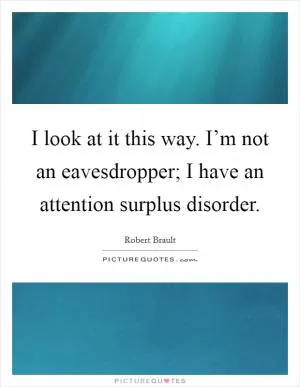
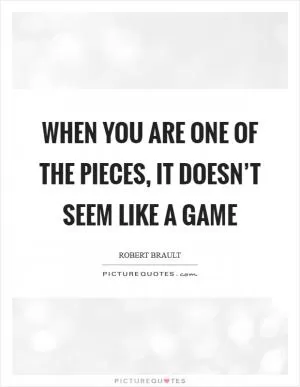
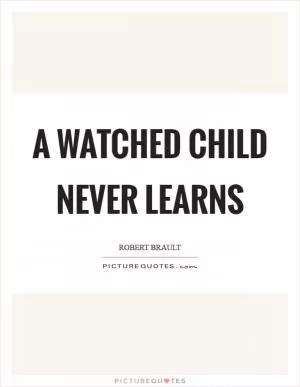

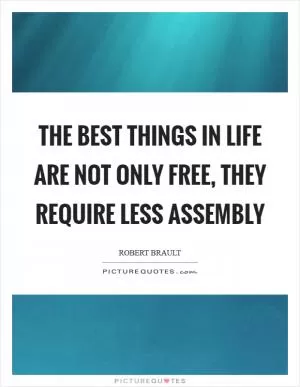



 Friendship Quotes
Friendship Quotes Love Quotes
Love Quotes Life Quotes
Life Quotes Funny Quotes
Funny Quotes Motivational Quotes
Motivational Quotes Inspirational Quotes
Inspirational Quotes